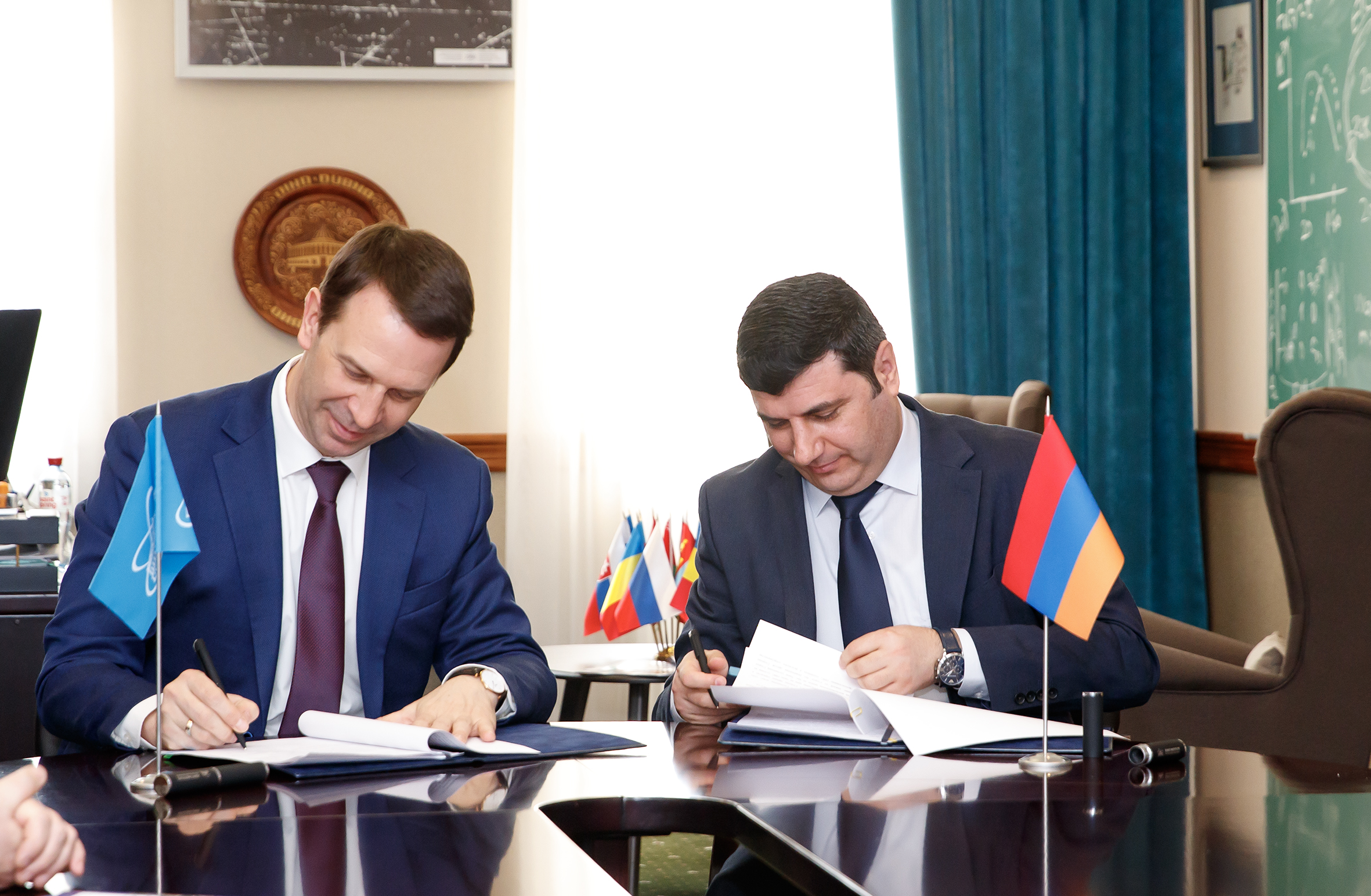- ՄԵՐ ՄԱՍԻՆ
- Բաժանմունքներ
- Հ. Վարդապետյանի անվան ՓՈՐՁԱՐԱՐԱԿԱՆ ՖԻԶԻԿԱՅԻ ԲԱԺԱՆՄՈՒՆՔ
- Ս. Մատինյանի անվան ՏԵՍԱԿԱՆ ՖԻԶԻԿԱՅԻ ԿԵՆՏՐՈՆ
- ԿՈՍՄՈԼՈԳԻԱՅԻ և ԱՍՏՂԱՖԻԶԻԿԱՅԻ ԿԵՆՏՐՈՆ
- ՔՎԱՆՏԱՅԻՆ ՏԵԽՆՈԼՈԳԻԱՆԵՐԻ ԲԱԺԱՆՄՈՒՆՔ
- ՏԻԵԶԵՐԱԿԱՆ ՃԱՌԱԳԱՅԹՆԵՐԻ ՖԻԶԻԿԱՅԻ ԲԱԺԱՆՄՈՒՆՔ
- ՀԱՇՎՈՂԱԿԱՆ ՖԻԶԻԿԱՅԻ ԵՎ ՏԵՂԵԿԱՏՎԱԿԱՆ ՏԵԽՆՈԼՈԳԻԱՆԵՐԻ ԲԱԺԻՆ
- ՖԻԶԻԿԱՅԻ ԿԻՐԱՌԱԿԱՆ ՀԵՏԱԶՈՏՈՒԹՅՈՒՆՆԵՐԻ ԲԱԺԻՆ
- ԻԶՈՏՈՊՆԵՐԻ ՀԵՏԱԶՈՏՄԱՆ ԵՎ ԱՐՏԱԴՐՈՒԹՅԱՆ ԲԱԺԻՆ
- Գիտություն
- Կրթություն
- Կապ
-
-

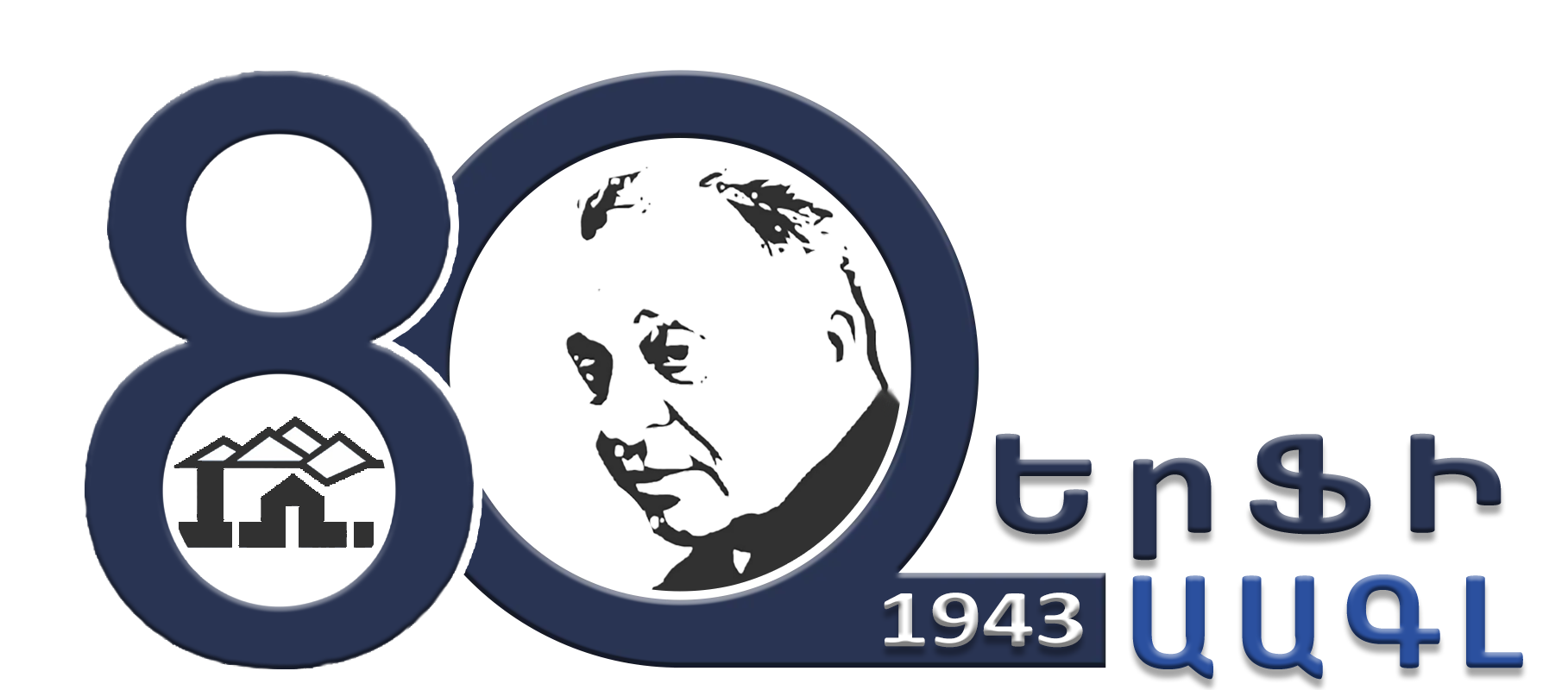
COMPASS (CERN)

|
Name of the project (years) |
COMPASS (CERN) |
|
Short description |
COMPASS is a high-energy physics experiment at the Super Proton Synchrotron (SPS) at CERN in Geneva, Switzerland. The purpose of this experiment is the study of hadron structure and hadron spectroscopy with high intensity muon and hadron beams. On February 1997 the experiment was approved by CERN and the final Memorandum of Understanding was signed in September 1998. The spectrometer was installed in 1999–2000 and commissioned during a technical run in 2001. The physics experiments started in summer 2002 with a muon beam and polarised proton and deuteron targets. These semi-inclusive deep inelastic scattering (SIDIS) experiments reveal details of the quark-gluon structure of the nucleon, in particular the gluon polarisation and transverse-momentum-dependent correlations. After the shutdown in 2005, COMPASS resumed the SIDIS experiments in 2006 and 2007 with a new large-aperture target magnet. The spin structure measurements were continued in 2010 and 2011. The years 2008 and 2009 were dedicated to the hadron spectroscopy programme with pion and proton beams scattering off a liquid hydrogen target and nuclear targets. An unprecedented amount of data was collected and has allowed for a much refined analysis of the final states, and is still revealing subtle details of the light-meson spectrum. Part of 2009 was dedicated to the study of the pion polarisability using Primakoff scattering of pions from heavy nuclei. This measurement had been prepared by a pilot run in 2004. The programme was continued in 2012 under COMPASS phase-II. Phase-II of COMPASS is primarily dedicated to the transverse and 3D structure of nucleons using Deeply Virtual Compton scattering (DVCS), Hard Exclusive Meson Production (HEMP), SIDIS and polarised Drell-Yan (DY) reactions. Approved in 2010, it started in 2012 with a Primakoff run and a DVCS pilot run using a muon beam and a long liquid hydrogen target with a huge recoil detector. The first-ever polarised Drell-Yan measurement with a beam of negative pions and a polarised proton target was successfully performed in 2015 and the data taking was resumed in 2018. The years 2016 and 2017 were dedicated to DVCS measurement and simultaneously data on HEMP and SIDIS were collected. For 2021 after long shut-down 3, further measurements of SIDIS off transversely polarised deuterons were approved. About 200 physicists from 13 countries and 25 institutions work in COMPASS. |
|
Person in charge |
Kotzinian Aram |
|
personnel |
|
|
recruitment |
|
|
contact person |
Kotzinian Aram |
|
MoU(If applicable for internal website) |
|
|
corresponding link to the collaborating institutions or project |

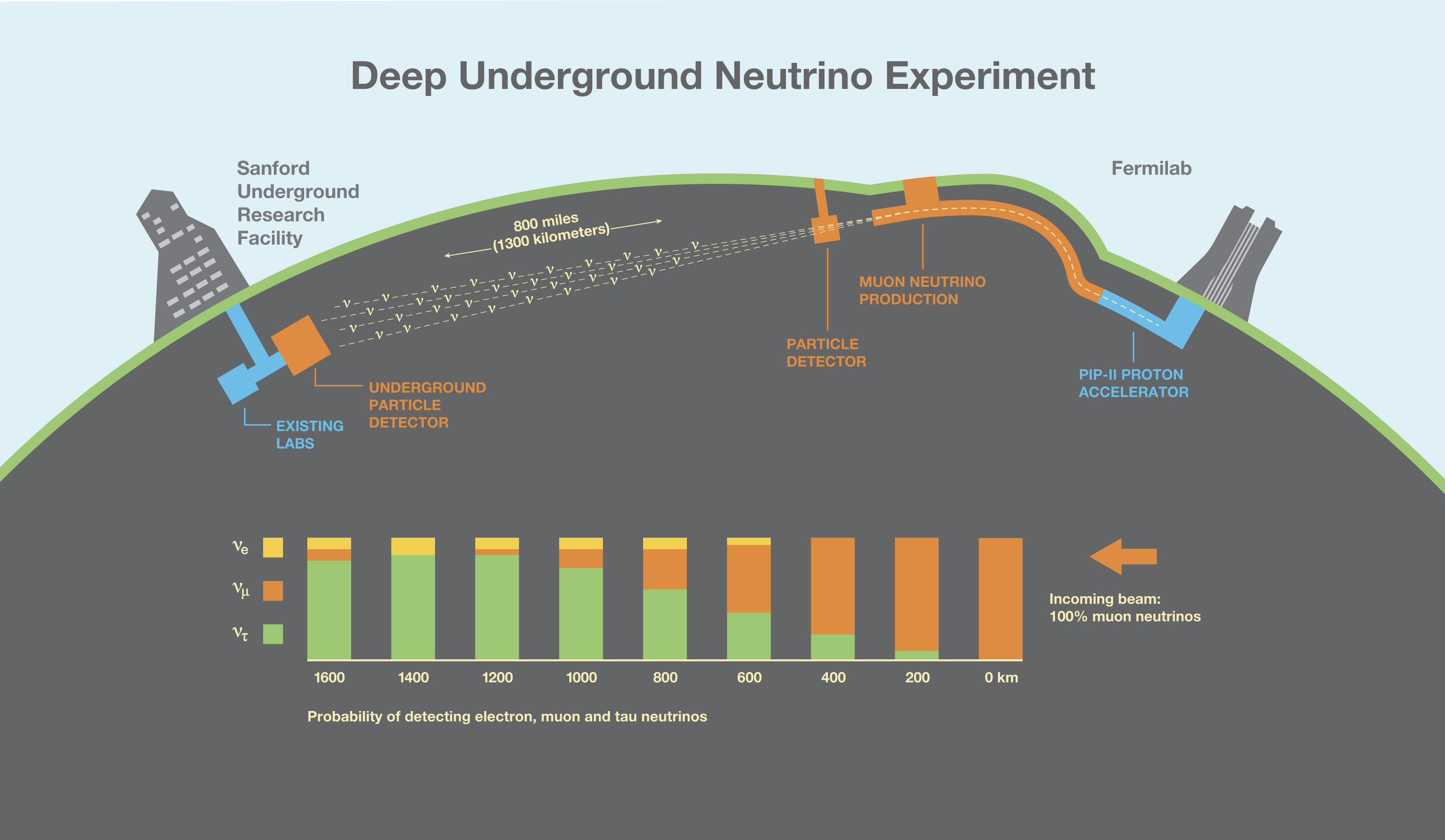
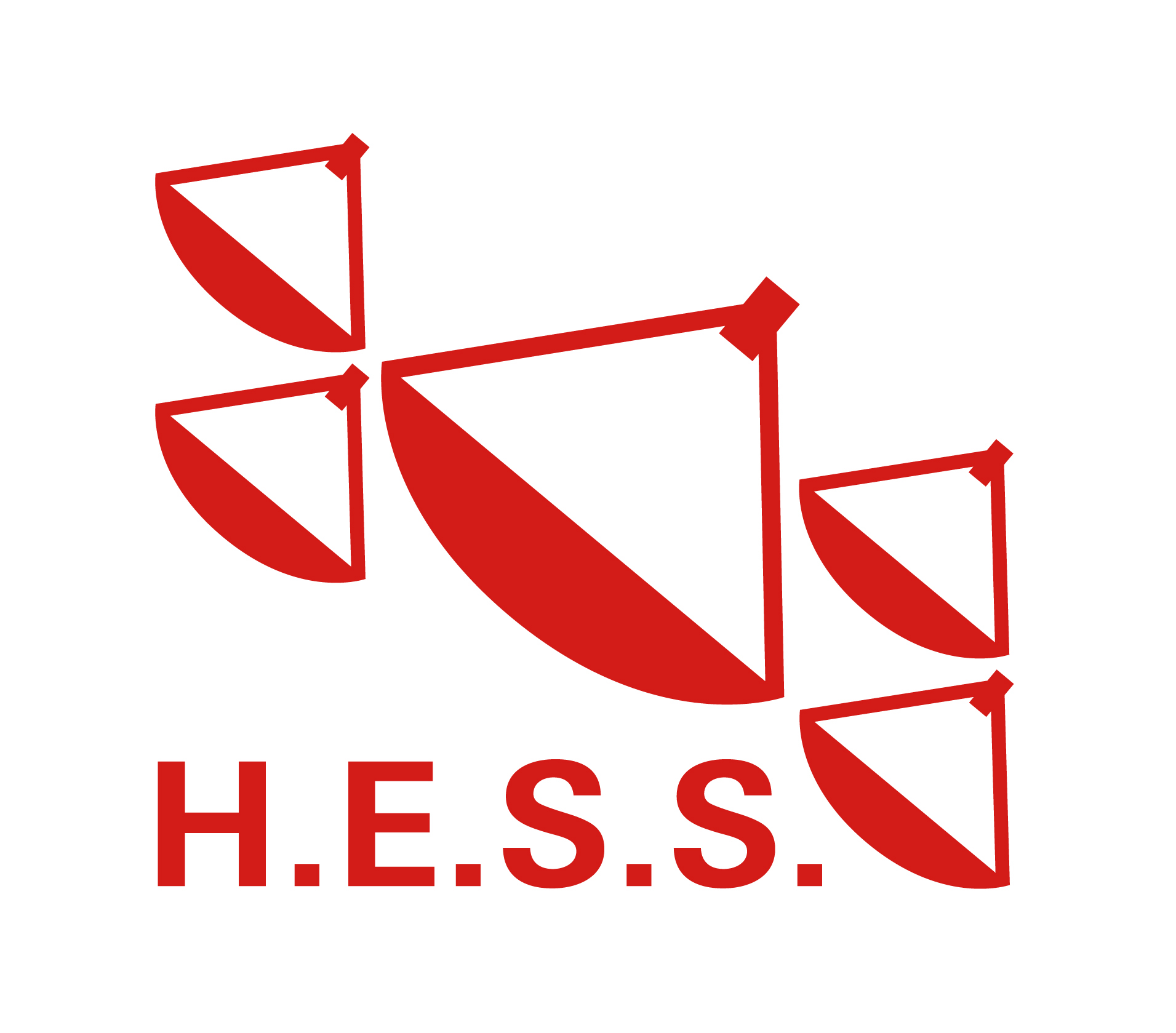
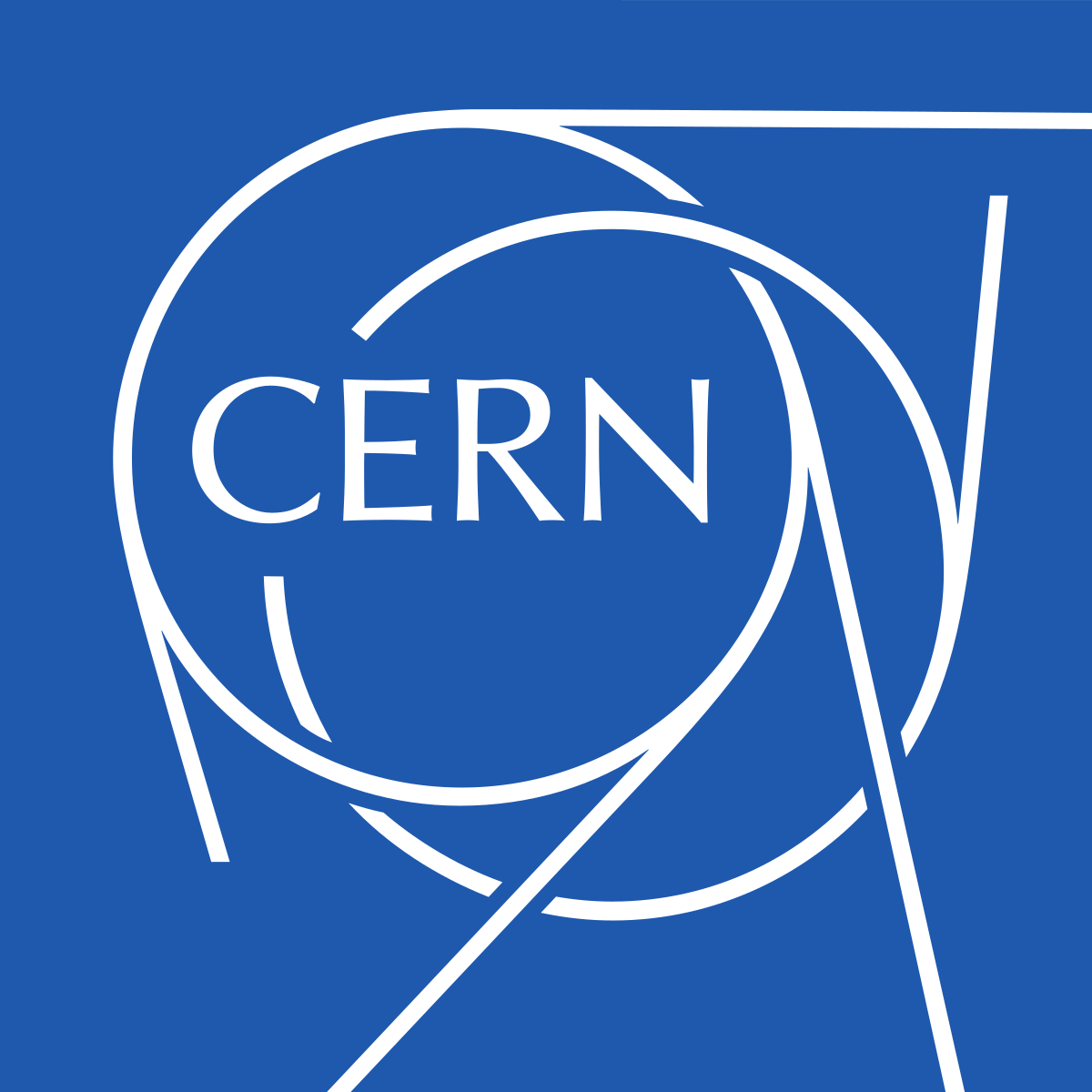
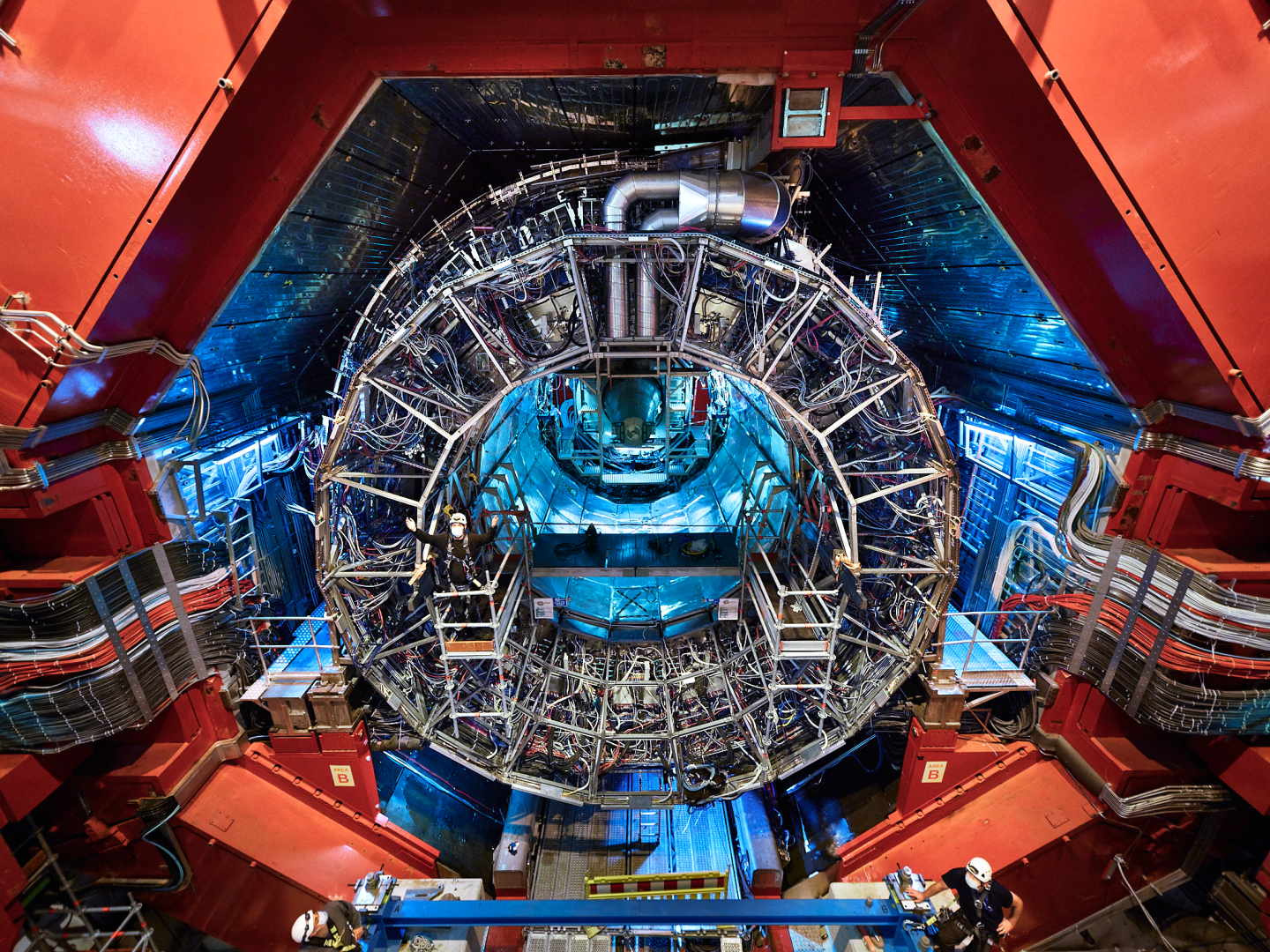




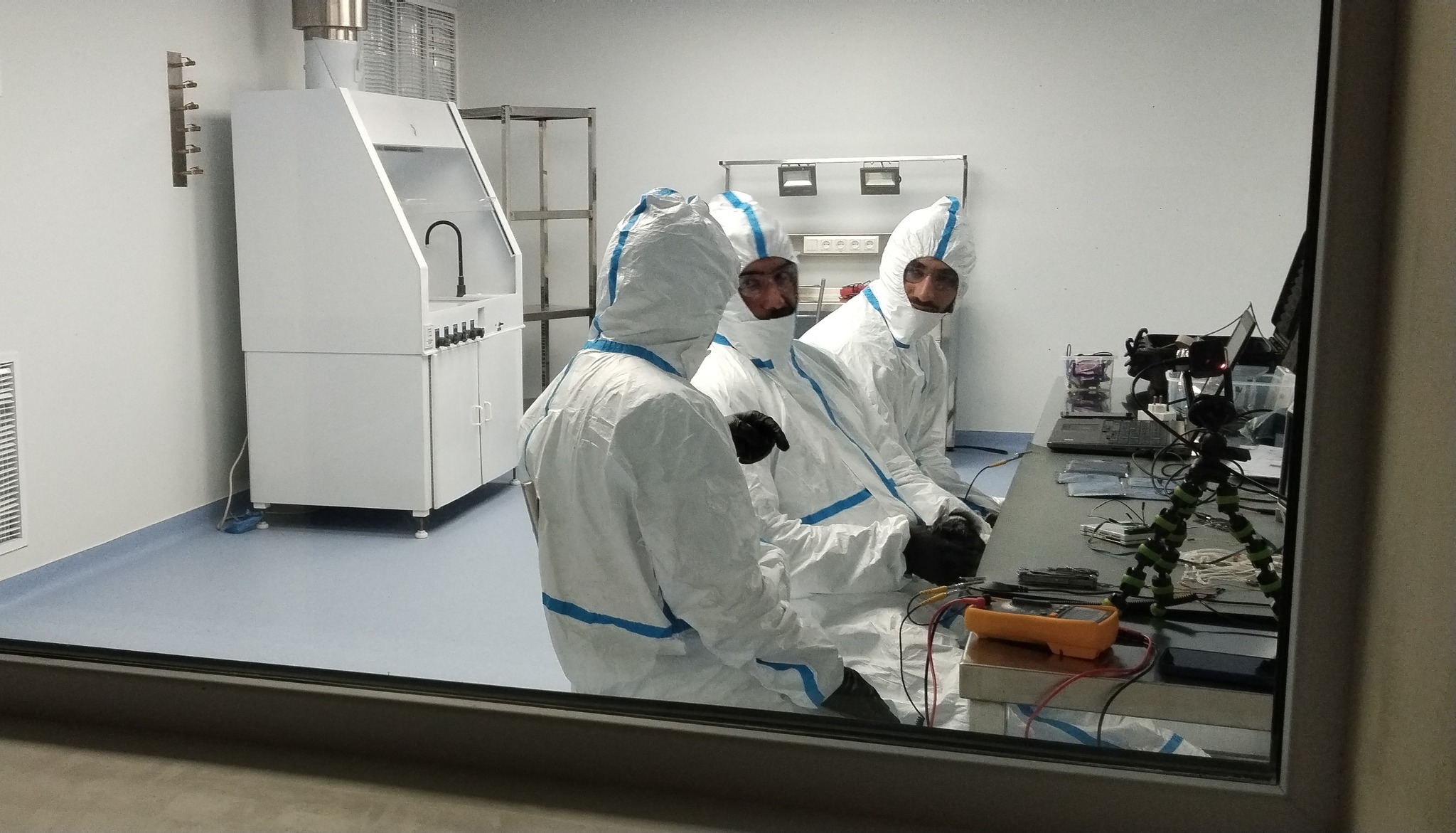
.jpg)
